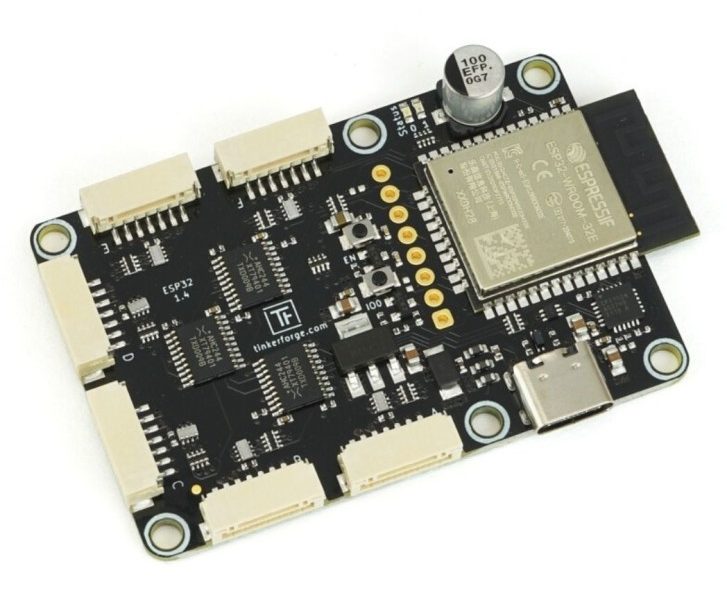The Role of Brick in Modern Construction

Introduction
Bricks have been a fundamental building material for centuries, playing a crucial role in the construction industry. With the increasing demand for durable and sustainable buildings, the relevance of bricks in contemporary construction practices continues to grow. This article delves into various types of bricks, their applications, and recent advancements that highlight their importance in modern architecture.
The Different Types of Bricks
There are several types of bricks used in construction, each serving different purposes:
- Clay Bricks: These are the most commonly used bricks, produced from natural clay and fired in a kiln. Their durability and thermal properties make them an ideal choice for walls and pavements.
- Ductile Bricks: Made primarily for aesthetic purposes, these bricks offer flexibility and are usually used in high-end architectural designs.
- Concrete Bricks: Composed of concrete, these bricks are favored for their strength and are often used in load-bearing walls.
- Fly Ash Bricks: A more eco-friendly option, these bricks are produced from fly ash, a byproduct of coal combustion, contributing to sustainability in construction.
Recent Developments in Brick Technology
In recent years, the brick industry has seen significant innovations aimed at increasing efficiency and reducing environmental impact. Bricks are now being manufactured using automated processes, which enhance consistency and reduce labor costs.
Moreover, the introduction of recycled materials in brick production is becoming a trend. For instance, some manufacturers are experimenting with utilizing waste from construction sites to create new bricks, leading to a circular economy in building materials.
Sustainability and Brick Usage
With the growing emphasis on sustainability, the construction industry is under pressure to adopt more environmentally friendly practices. Bricks, particularly those made from recycled or local materials, align well with this initiative. Not only do they provide excellent insulation, which reduces energy consumption, but they also have a long lifespan, contributing to eco-friendly construction.
Conclusion
As the construction industry continues to evolve, bricks remain a preferred choice due to their reliability and aesthetic versatility. The advancements in brick technology and the push towards sustainable materials underscore their lasting significance in modern construction. For builders, architects, and homeowners alike, understanding the types and benefits of bricks is essential in making informed decisions that align with sustainability and durability in building projects.









